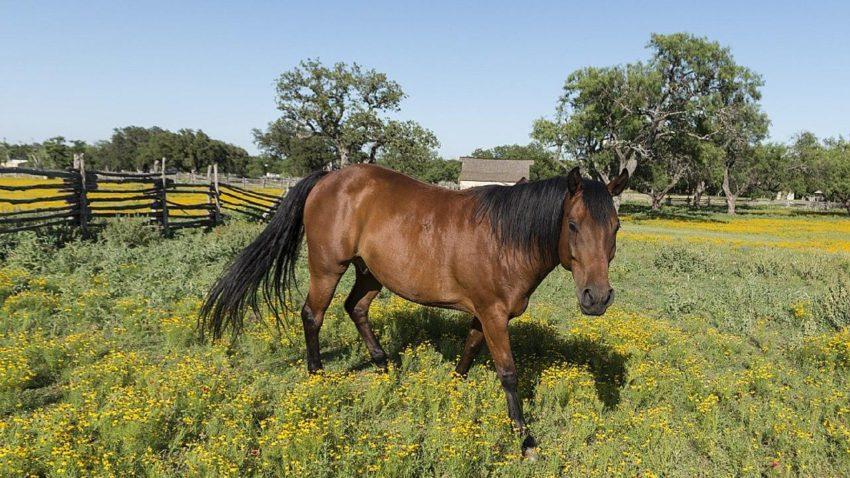The New York State Department of Health (NYSDOH) issued an advisory on Wednesday, August 21, urging New Yorkers to take personal protective measures to avoid mosquito bites, after confirming the presence of Eastern Equine Encephalitis Virus (EEE) in horses in eight New York State counties, including one horse in Ulster County.
There is no risk of infected horses spreading the virus to humans or other horses, as EEE is transmitted from mosquito bites, and there are currently no confirmed human cases in New York State.
The infected horse in Ulster County, which subsequently died, was in Wallkill, and other horses on the owner’s property have been vaccinated and boosted to help prevent further spread. The Ulster County Department of Health and the Ulster County Executive’s Office are working closely with NYSDOH to monitor this case and any other cases that may appear in Ulster County.
EEE is a rare but extremely serious viral disease spread by infected mosquitoes that can affect people and horses. People of all ages are susceptible to infection, but people over 50 and younger than 15 are at greatest risk. While most people bitten by an infected mosquito will not develop any symptoms, severe cases may begin with the sudden onset of headache, high fever, chills, and vomiting. The illness may then progress to disorientation, seizures, encephalitis, and coma.
While there is no commercially available human vaccine for EEE, the best protection is to prevent mosquito bites by utilizing the following proven precautions:
• When spending time outdoors at dusk or dawn, when mosquitoes are most active, wear long sleeves and tuck pants into socks and shirts into pants.
• Use insect repellents containing DEET, according to direction, and always have adults apply repellents to children.
• Eliminate all standing water in yards and around the home and property where mosquitoes can breed.
• Make sure there are screens in windows and doors of your home. Make sure the screens are free of rips, tears, and holes.
• Additionally, horse owners should consult with their veterinarian and make sure their animals are up to date on vaccinations for EEE, West Nile, and other viruses spread by mosquitoes. Horses cannot spread EEE to humans or other horses, however EEE can cause serious harm and/or death to horses.
Mosquito season in Ulster County and the Hudson Valley generally begins in mid-Spring, and lasts until late Fall; however, climate change has caused average temperatures, and the duration of warm weather, to increase and lengthen.
For more information, visit the New York State Department of Health online at: www.health.ny.gov/diseases/communicable/eastern_equine_encephalitis/ or contact the Ulster County Department of Health at: HealthEd@co.ulster.ny.us.
Source: Ulstercountyny.gov
Image Credit: Center for Equine Health UC Davis School of Veterinary Medicine

